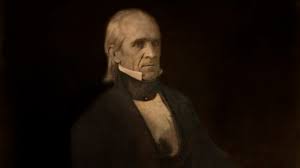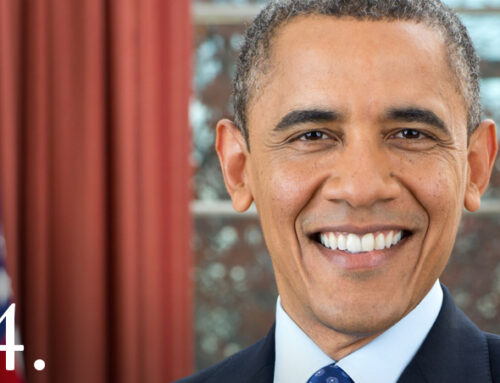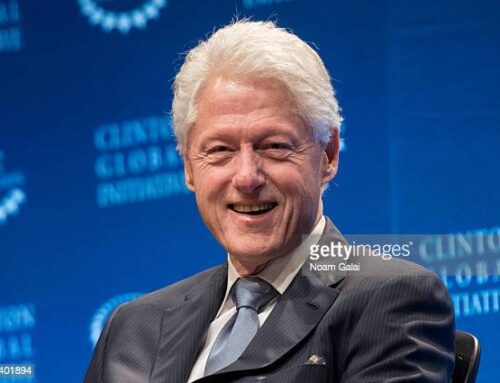James K. Polk was the 11th President of the United States, serving from 1845 to 1849. He was born in North Carolina in 1795 and later moved to Tennessee, where he became a successful lawyer and politician.
Polk was a member of the Democratic Party and was known for his strong support of states’ rights and a limited federal government. Yes, during that time the role was opposite than today it is. He was also a strong advocate for westward expansion and played a key role in the United States acquisition of new territories during his presidency. He was known as the president who increase United states territory increase biggest. All due to Texas Annexation. The 2-year war was started during his predecessor but the legal things end during his term, over a million square miles of land—acquired through a treaty with England and war with Mexico.
One of the main achievements of Polk’s presidency was the settlement of a longstanding border dispute with Britain over the region now known as the Pacific Northwest. The dispute was resolved through the negotiation of the Oregon Treaty, which established the present-day border between the United States and Canada.
In addition to his foreign policy accomplishments, Polk is also known for his domestic achievements. He reduced tariffs and established a uniform system for the national currency, which helped to stabilize the economy and promote trade. He also signed the legislation that established the Department of the Interior, which is responsible for managing federal lands and natural resources.
Despite his many accomplishments, Polk is often overlooked in history due to the short length of his presidency and the fact that he did not seek a second term. However, his contributions to the expansion and development of the United States were significant, and he is remembered as one of the country’s most effective presidents.
So what can you learn from a man who oversaw the biggest territorial gains? Investing based on the objective. Setting your objectives and going for them. No matter how much that can look old-fashioned. Why? Because everyone is running behind multi-baggers and in that run, nearly everyone forgets that they have some goals to achieve.
In the era of the fight between Index investing vs. stock pickers, this is one useful way of investing. The reason I am highlighting it is when you invest if you don’t know why you are holding stock, it is more like archery practice without any target.
Some people are investing for fun. But not all.
I saw many people invest in any of the stocks they love or even better, whichever stock was performing well Sometimes some people ended up buying every Mutual fund scheme which they like. Here I want to ask a simple question. What is investing and why you are investing your hard-earned money? here I want to mention and explain one concept. Investing is nothing but lending. Giving money to the guy who as per you is eligible to provide you with a good return. in fact who is the right person who can give you more return better than inflation? That is the question.
Another question. For what you are investing? you can be investing for a downpayment for your house loan. Big car? some foreign visit? or anything else? for when you are going to need that money? that is what you have an objective.
You may be thinking that Ashutosh tilak is asking those questions because James K Polk was someone who was known for that. Polk served for just one term but is often regarded as one of the most effective Presidents, in part because he was a workaholic. “Pursue a vision, but mind the details,” the Harvard Business Review recently noted in summation of his management style. He set a small number of clear goals—acquiring California from Mexico, and Oregon from Great Britain, reorganizing the Treasury, and lowering the tariff—and pursued them single-mindedly until they were largely achieved. While more recent Presidents have faced criticism over vacation plans and leisure pursuits, it’s worth noting that the strains of office wore Polk out entirely: He died within months after retiring. Yes, the United States saw some presidents of that type also.
Polk accomplished nearly everything that he said he wanted to accomplish as President and everything he had promised in his party’s platform: acquisition of the Oregon Territory, California, and the Territory of New Mexico; the favorable settlement of the Texas border dispute; lower tariff rates; the establishment of a new federal depository system; and the strengthening of the executive office. Another thing that makes him great is that he didn’t take the second term. As he said he didn’t go for reelection. It wasn’t legal or illegal at that time. Even It was just a norm. Like George Washington didn’t take the third term, so I am also not taking it. by doing that he set a time goal, making him an effective president. Something we all need to learn from him. But another thing is he was also the one who received criticism. So many of his decisions are ethical or unethical maybe that becomes the subject of another post but I don’t want to go into that part. Let us accept that he achieve what he said.
Here I want to mention something. As an effective president, he could end slavery. But by accepting texas he indirectly said yes to slavery. I was shocked for some time when I read this, of the 19 enslaved people Polk bought during his presidential term (1845 to 1849), at least 13 were children, writes Lina Mann, a historian at The White House Historical Association. Polk was a strong Jacksonian Democrat and absorbed most of Jackson’s ideology. Polk opposed banks and high tariffs and supported Native American removal and the extension of slavery. Polk himself was a slaveowner and co-owned a large cotton plantation with his brother.
So how am I reading this President? The workaholic guy who achieved his set goals, and expanded US territory but didn’t do anything about slavery because he owned 19 slaves as he needed them for his own better life.




